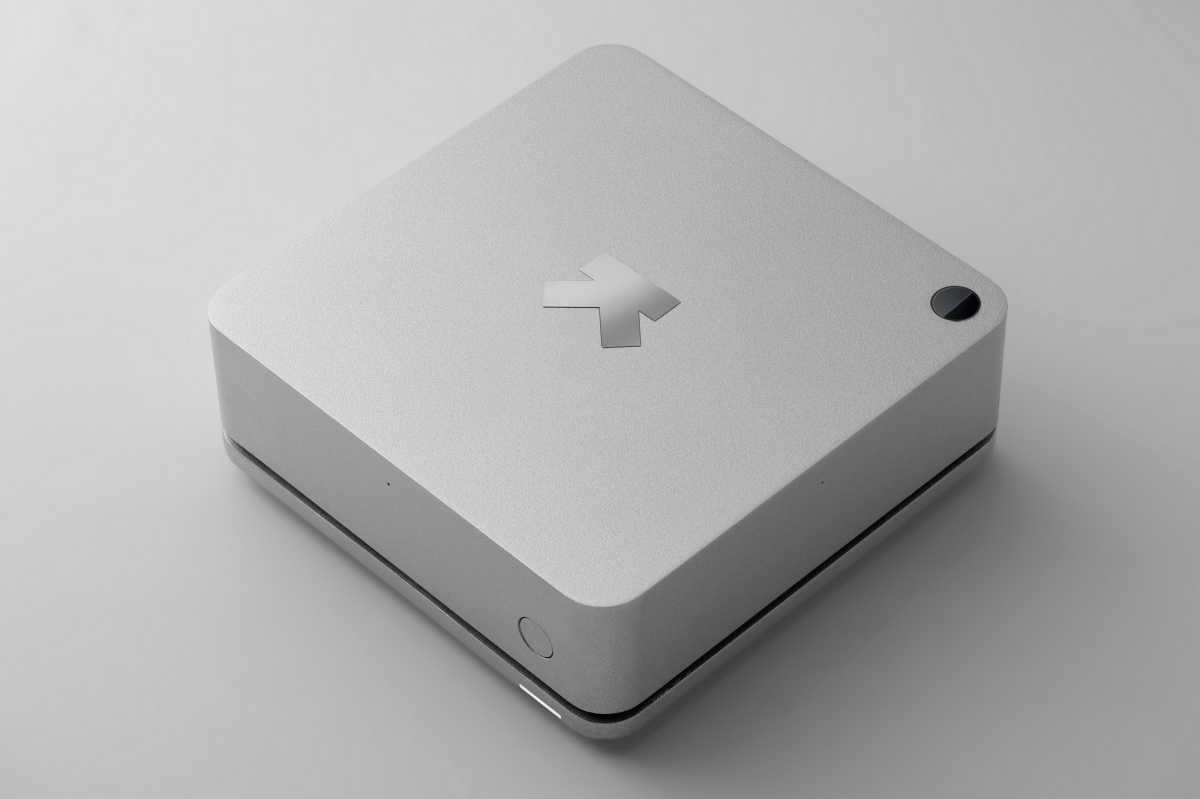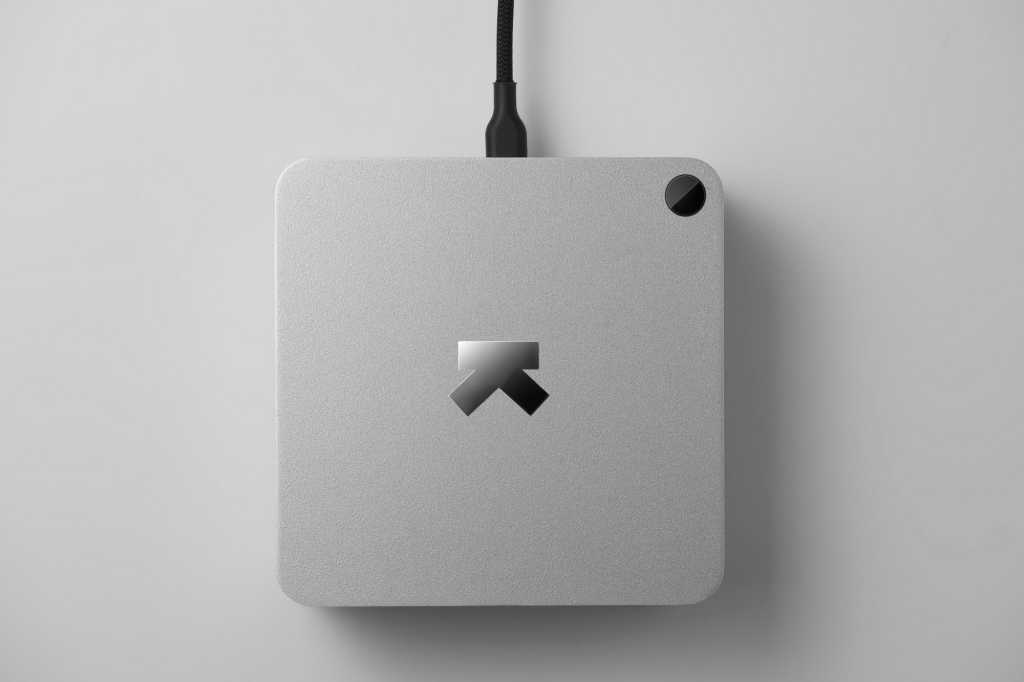Lots of wearable devices track your metabolic health. And numerous gadgets monitor your home environment. Ultrahuman says it will soon be able to connect the dots between your bodily health and the health of your personal world with the Ring Air smart ring it already offers and the Ultramuman Home smart home device it introduced at CES last week.
“The idea is to add an external device that talks to your Ring,” said Ultrahuman chief business officer Bhuvan Srinivasan in a show floor chat. “[one] that assesses the impact your living environment has on your health and points to improvements that could make your health better. On its own the Ring senses when you’ve had a sleepless night and are getting a slow start in then the morning. It might suggest you take a Vitamin D supplement [useful both to extend sleep and reduce daytime sleepiness] drink some coffee for the caffeine boost, or take an early morning walk in the sun—a natural source of Vitamin D.”
The Ring Air works with multiple health-tracking platforms—Apple Health, Garmin Connect, Google Fit—and others. When used in collaboration with an Ultrahuman Home device, the synergy levels will be optimized on the Ultrahuman app. Factoring in the Home device’s multiple environmental findings, according to Ultrahuman, the causes and effects on your well-being will become much clearer. And in turn, the cures.
The Ultrahuman Home monitors your home’s environment.
Ultrahuman
Chock full of sensors, the Ultrahuman Home device “will assess the UV and natural sunlight levels in your home,” I learned. “It also measures the blue light,” a color in the visible light spectrum that can be seen by the human eye. Emitted by TV screens, computer monitors, tablets and other displays, blue light suppresses the sleep-inducing hormone melatonin, which can lead to sleeping issues or disorders such as insomnia. “With this information, users can learn how to prioritize well-being, understand its impact on the Circadian Rhythms of their body clock.”
The new Ultrahuman Home can also detect PM [particulate matter], humidity, and smoke levels in the air, as well as environmental noise. Breathing in high levels of particulate matter—microscopic air pollutants of varying sizes and chemical compositions, but especially fine particulates smaller than 2.5 microns—can damage your respiratory system over time, because they’re too small for your nose and mouth to filter out. This can also lead to cardiovascular dysfunction and other chronic diseases. Ultrahuman Home will actively measure and notify users about the PM levels in their air “and likely inspire you to install air-cleaning devices and then track their impact,” said.
How noisy is your home environment? Ultrahuman Home will monitor not just the level of environmental noise, but it will also clock the number of sleep-disrupting events per hour. The device can also monitor snoring and other breathing irregularities, such as sleep apnea.

The Ultrahuman Home runs on AC power.
Ultrahuman
Tracking humidity levels should motivate users to make adjusts to the moisture levels in their home’s air. “Insufficient humidity can lead to drying of the airways and impaired MCC, or mucociliary clearance,” Srinivasan said. I later determined that MCC is the airways’ self-protecting process of removing inhaled particles, including pathogens, before they reach the delicate tissue of the lungs and cause respiratory infections. Ultrahuman Home also promises to alert users of excessive humidity, which can promote the growth of microganisms and increase the risk of ventilator-associated pneumonia.
Compact and sleek in appearance, the Ultrahuman Home can fit in wherever you have a electrical outlet. There is no battery-power option, as the device needs to run continuously to be effective. Srinivasan envisions it “fitting nicely on the bedside table, or maybe in the living-room or den.” The device prioritizes privacy with a mic button for on-demand microphone control and offers on-device processing and local feedback of some monitoring aspects.
“We don’t want to upload snoring information to the cloud,” Srinivasan said. But other collected specs do get uploaded to Ultrahuman’s web portal, where they’re integrated and jointly assessed “with information from other Ultrahuman devices,” most relevantly, the Ring Air and its predecessor Ring. Those wearables track relevant statistics, such as body movement, body temperature, heart rate, and blood oxygen levels, both when you’re sleeping and when you’re active. The biomarking specialist also offers separate glucose monitoring and blood-testing products.
Ultrahuman Home will be available for purchase on Kickstarter at the end of January for $349 with a July ship date. Like the identically priced Ring Air, it will not require an ongoing subscription.

